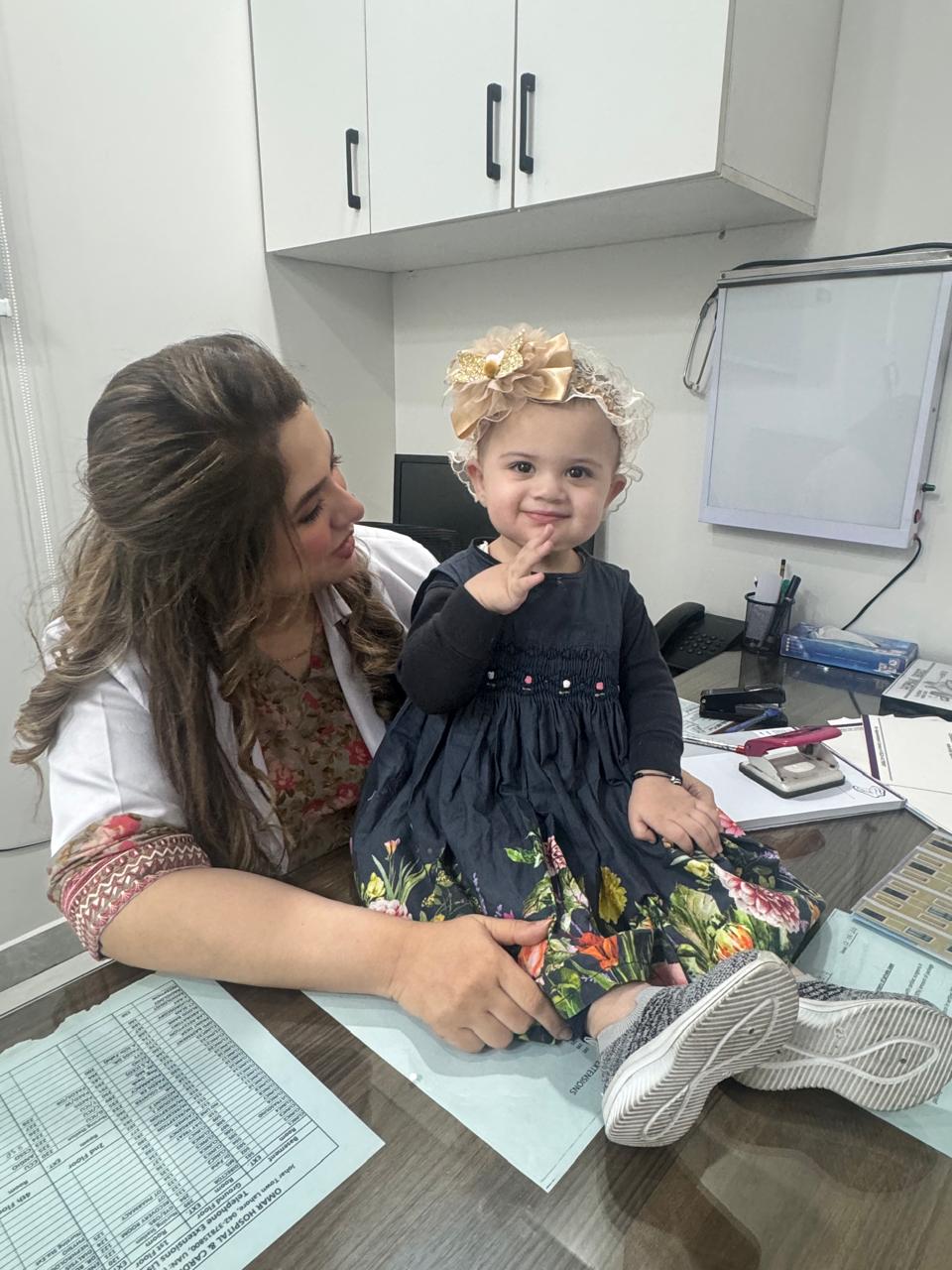HPV Vaccination for Married Women: Why It Still Matters
When it comes to preventing cervical cancer and other HPV-related diseases, the HPV vaccine is one of the most powerful tools available. While many associate it with young, unmarried women, the truth is that HPV vaccination for married women is still highly beneficial — especially for those who are under 45 and may not have received the vaccine earlier.
In this article, we explore the importance, safety, and effectiveness of the HPV vaccine for married women, along with the myths, facts, and medical recommendations surrounding it.
🧬 What Is HPV and Why Is It Harmful?
HPV (Human Papillomavirus) is the most common sexually transmitted infection (STI) worldwide. There are more than 100 types of HPV, but about 14 of them are considered high-risk because they can lead to:
- Cervical cancer
- Vaginal and vulvar cancers
- Anal and throat cancers
- Genital warts
Although the infection often clears up on its own, some HPV types can linger and cause long-term complications. Therefore, vaccination is key to prevention.
👩⚕️ Should Married Women Get the HPV Vaccine?
Yes — married women can and should get vaccinated if they meet the age and health guidelines. Many assume that HPV vaccination is only for adolescents or unmarried women, but this is a common myth.
Here’s why HPV vaccination for married women is still important:
✅ 1. You May Not Have Been Exposed to All HPV Types
Even if you’re married or in a long-term relationship, you may not have been exposed to all the high-risk strains of HPV. The vaccine protects against multiple types — especially HPV 16 and 18, which cause around 70% of cervical cancer cases.
✅ 2. You Can Still Benefit from Partial Protection
Even if you’ve had HPV in the past, the vaccine can still protect you against other dangerous types that you haven’t encountered.
✅ 3. Relationship Status Doesn’t Eliminate Risk
It’s also important to consider that sexual health risks don’t end at marriage. Factors like:
- A partner’s past or current infections
- Re-infection from a previous strain
- Future changes in relationship status
… all highlight the need for continued protection.
📅 Recommended Age and Guidelines
The World Health Organization (WHO) and CDC recommend:
- Routine vaccination at ages 9–14 (before sexual activity starts)
- Catch-up vaccination up to age 26 for those not previously vaccinated
- Optional vaccination for women 27–45, especially after doctor consultation
Therefore, if you’re under 45 and not fully vaccinated, talk to your doctor. It’s not too late.
💡 Which HPV Vaccines Are Available?
There are three primary vaccines:
🟢 1. Gardasil 9
Protects against 9 HPV types (6, 11, 16, 18, 31, 33, 45, 52, 58) — including those that cause most cancers and genital warts.
🟡 2. Gardasil
Protects against 4 types (6, 11, 16, 18)
🔵 3. Cervarix
Targets 2 high-risk types (16 and 18)
Gardasil 9 is currently the most widely recommended due to its broader coverage.
💉 Is the HPV Vaccine Safe for Married Women?
Yes — HPV vaccines are safe and well-tolerated. Over the past decade, millions of doses have been administered worldwide, with few serious side effects reported.
🔸 Common Side Effects:
- Mild arm pain or swelling at injection site
- Low-grade fever
- Fatigue or headache
These effects are usually short-lived and minor. Severe allergic reactions are extremely rare.
❓ Common Myths vs. Facts
Let’s clear up some common misconceptions about HPV vaccination for married women:
| Myth | Fact |
|---|---|
| “I’m married, so I don’t need it.” | You may still be at risk through your or your partner’s past exposure. |
| “It only works before sexual activity.” | While most effective when given early, the vaccine still offers partial protection later. |
| “It’s not safe for adult women.” | The vaccine is clinically proven safe for women up to age 45. |
| “It causes infertility.” | No scientific evidence supports this claim. |
🧪 HPV Testing vs. HPV Vaccination
Though HPV testing and Pap smears help detect early changes in cervical cells, they do not prevent infection.
The vaccine prevents HPV.
The Pap test detects changes caused by HPV.
So, both play crucial roles in comprehensive cervical health. Vaccination complements, not replaces, regular screening.
🛡️ Benefits of HPV Vaccination for Married Women
Here’s what you gain by getting vaccinated:
- 🔒 Lower risk of cervical and vaginal cancers
- 🚫 Prevention of genital warts
- 👨👩👦 Protection for your partner and future family
- ⏳ Peace of mind — now and later
✅ Final Thoughts: Protect Your Health, Regardless of Age or Status
In conclusion, HPV vaccination for married women is not only possible — it’s beneficial. Whether you’re in a committed relationship or not, safeguarding your long-term health is never too late.
Talk to your gynecologist today. A simple series of injections could prevent future cancer, protect your partner, and empower you to take control of your reproductive health.
